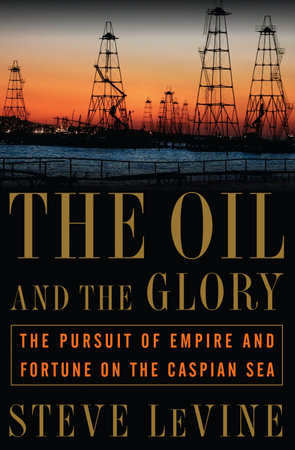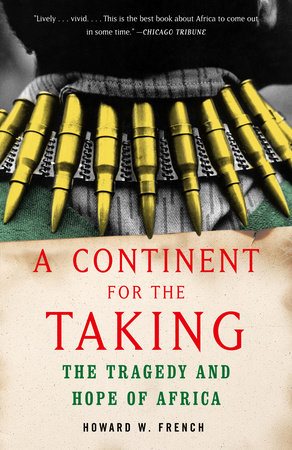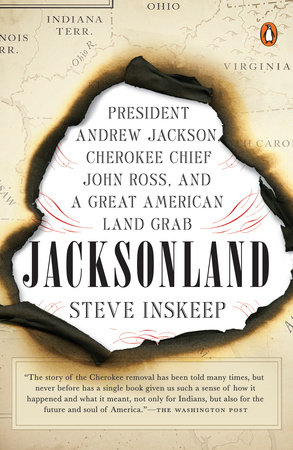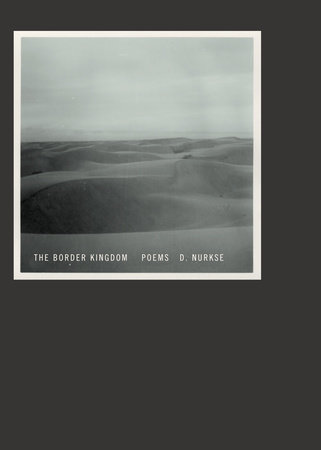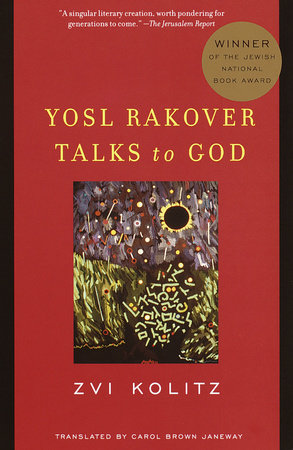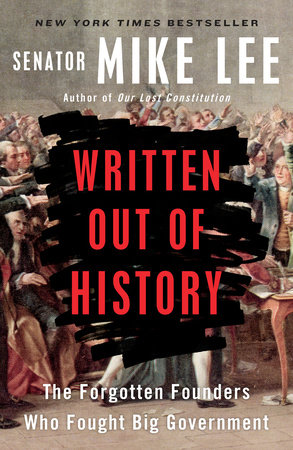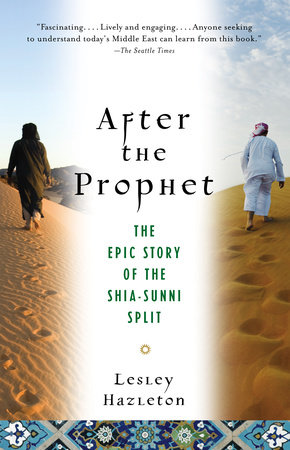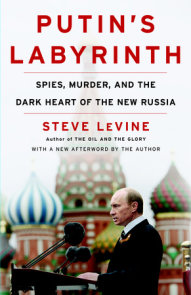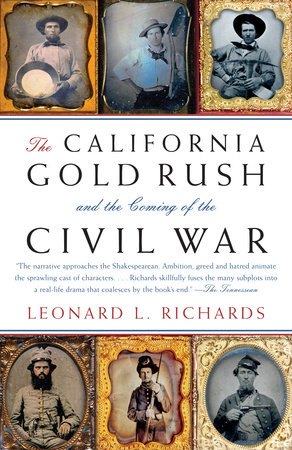Remote, forbidding, and volatile, the Caspian Sea long tantalized the world with its vast oil reserves. But outsiders, blocked by the closed Soviet system, couldn’t get to it. Then the Soviet Union collapsed, and a wholesale rush into the region erupted. Along with oilmen, representatives of the world’s leading nations flocked to the Caspian for a share of the thirty billion barrels of proven oil reserves at stake, and a tense geopolitical struggle began. The main players were Moscow and Washington–the former seeking to retain control of its satellite states, and the latter intent on dislodging Russia to the benefit of the West.
The Oil and the Glory is the gripping account of this latest phase in the epochal struggle for control of the earth’s “black gold.” Steve LeVine, who was based in the region for The Wall Street Journal, The New York Times, and Newsweek, weaves an astonishing tale of high-stakes political gamesmanship, greed, and scandal, set in one of the most opaque corners of the world. In LeVine’s telling, the world’s energy giants jockey for position in the rich Kazakh and Azeri oilfields, while superpowers seek to gain a strategic foothold in the region and to keep each other in check. At the heart of the story is the contest to build and operate energy pipelines out of the landlocked region, the key to controlling the Caspian and its oil. The oil pipeline that resulted, the longest in the world, is among Washington’s greatest foreign policy triumphs in at least a decade and a half.
Along the way, LeVine introduces such players as James Giffen, an American moneyman who was also the political “fixer” for oil companies eager to do business on the Caspian and the broker for Kazakhstan’s president and ministers; John Deuss, the flamboyant Dutch oil trader who won big but lost even bigger; Heydar Aliyev, the oft-misunderstood Azeri president who transcended his past as a Soviet Politburo member and masterminded a scheme to loosen Russian control over its former colonies in the Caspian region; and all manner of rogues, adventurers, and others drawn by the irresistible pull of untold riches and the possible “final frontier” of the fossil-fuel era. The broader story is of the geopolitical questions of the Caspian oil bonanza, such as whether Russia can be a trusted ally and trading partner with the West, and what Washington’s entry into this important but chaotic region will mean for its long-term stability.
In an intense and suspenseful narrative, The Oil and the Glory is the definitive chronicle of events that are understood by few, but whose political and economic impact will be both profound and lasting.
